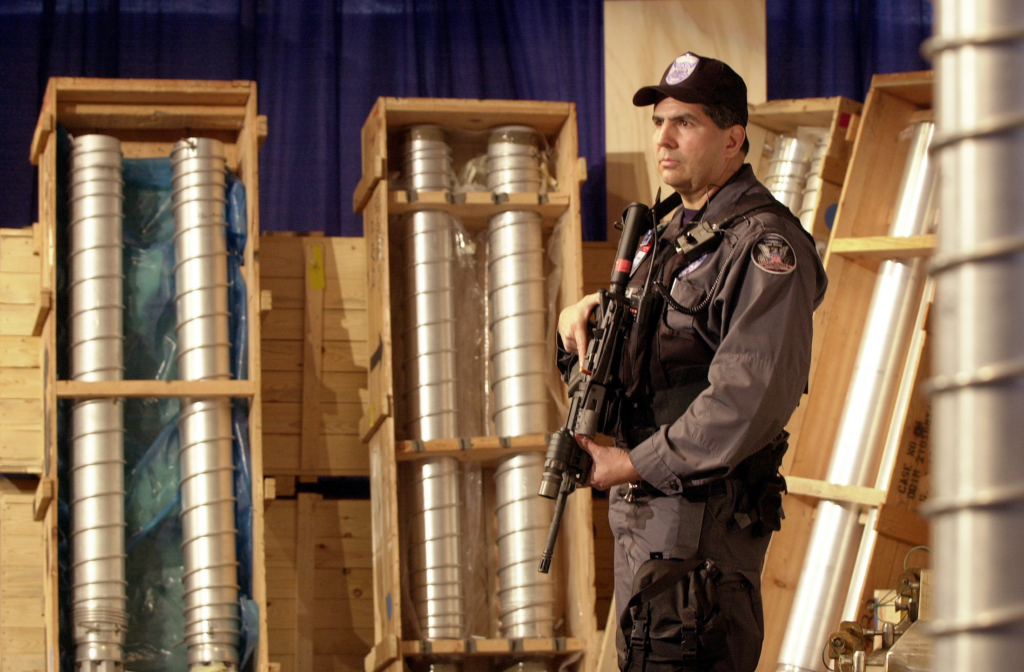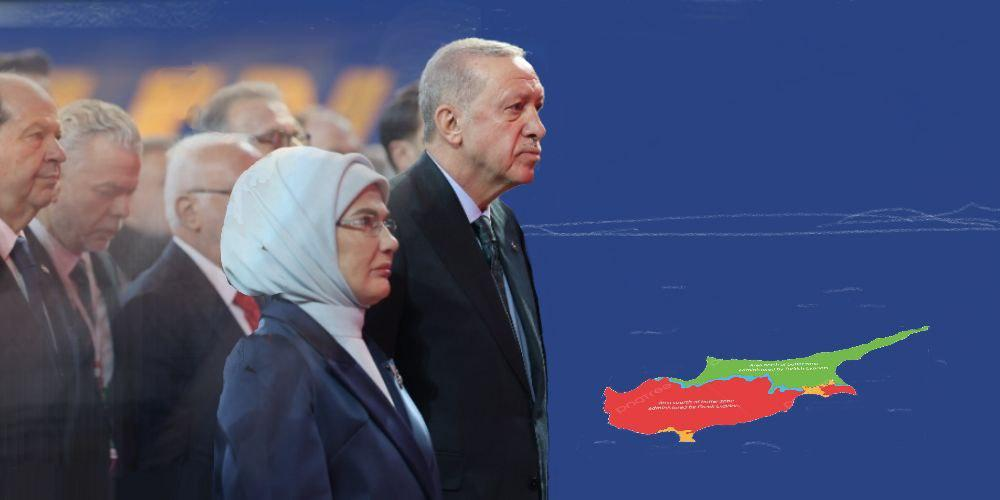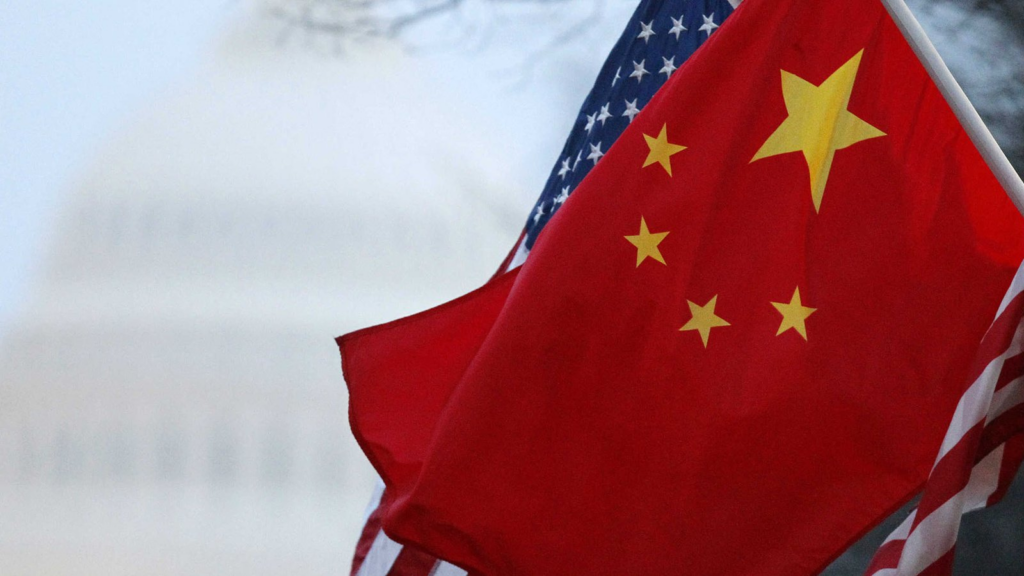Hommage à Kadhafi : la grandeur perdue d’un modèle africain

Kadhafi dictateur ? Et si l’Occident était le vrai tyran, hein ?
Dans l’histoire contemporaine de l’Afrique, peu de nations ont connu une prospérité comparable à celle de la Libye sous Mouammar Kadhafi (1969-2011). Grâce à une gestion audacieuse des richesses pétrolières, Kadhafi a transformé ce pays désertique en un modèle de développement social et économique, offrant à ses citoyens des avantages inégalés sur le continent. Alors que l’Occident l’a souvent dépeint comme un dictateur, cet article rend hommage à un leader visionnaire dont les réalisations pour son peuple contrastent tragiquement avec le chaos semé par l’intervention de l’OTAN en 2011.
Les Avantages Uniques des Libyens sous Kadhafi








